Our Blog
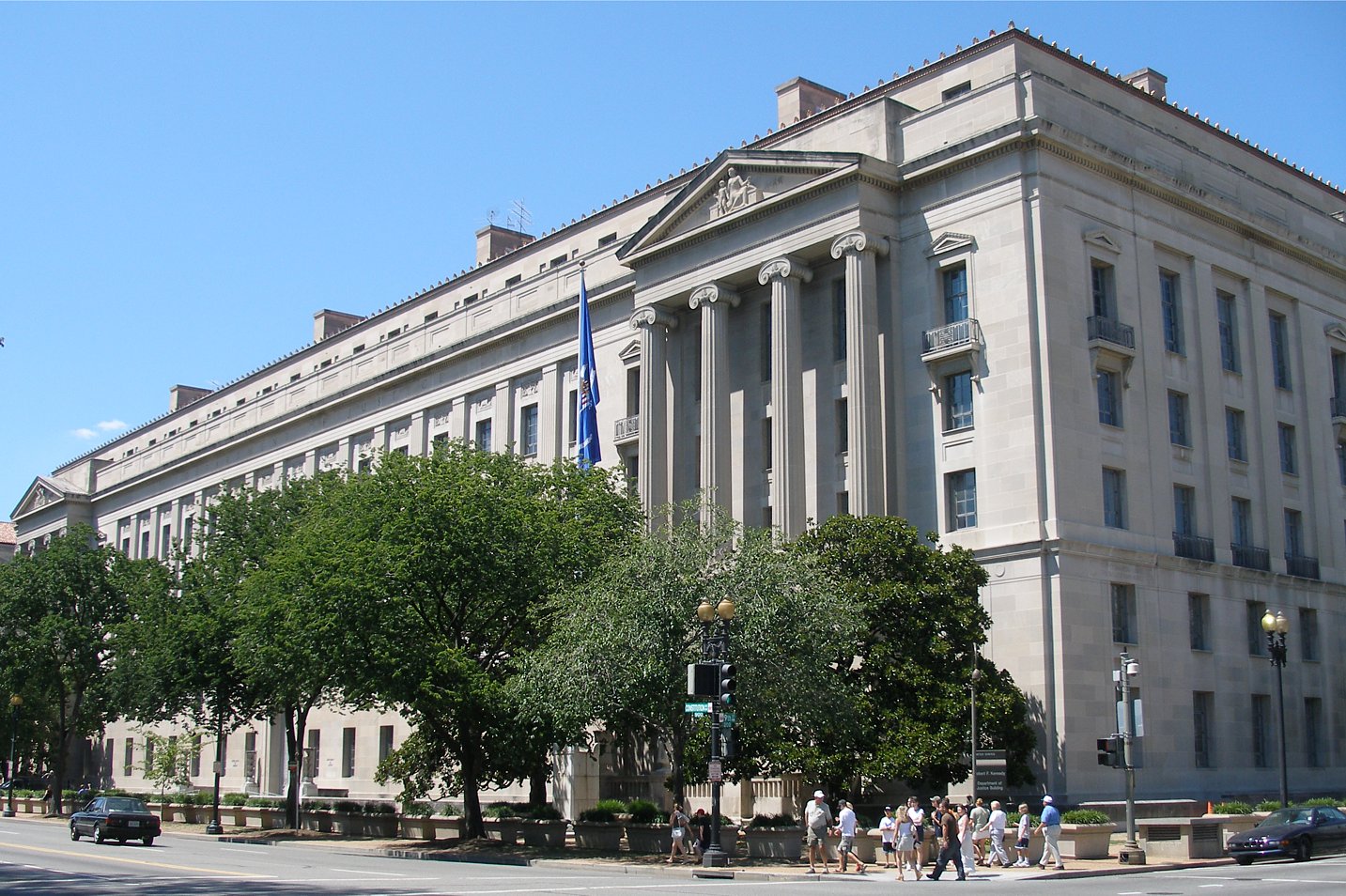
February 03, 2023
The Never-Ending Inquiry Into Susan Davies’ DOJ Employment
The Department of Justice (DOJ) has a FOIA problem. It’s been a two year struggle for the Revolving Door Project to uncover the complete picture of Susan Davies and her employment with the DOJ, and we’ve hit yet another road block because apparently the Office of Legal Policy (OLP) does not maintain personnel records of its own employees. At least, not for Susan Davies. And apparently the Office of Information Policy’s FOIA office wasn’t aware of that.

February 02, 2023
Biden Appears to Heed Advocates’ Demands, Seek New Nominee for US Attorney in Eastern District of Tennessee
In a Judiciary Committee hearing last Thursday, Chairman Dick Durbin (D-IL) seemed to assert that Casey T. Arrowood, President Biden’s initial pick for US Attorney for the Eastern District of Tennessee, would not be renominated in the new session of Congress.
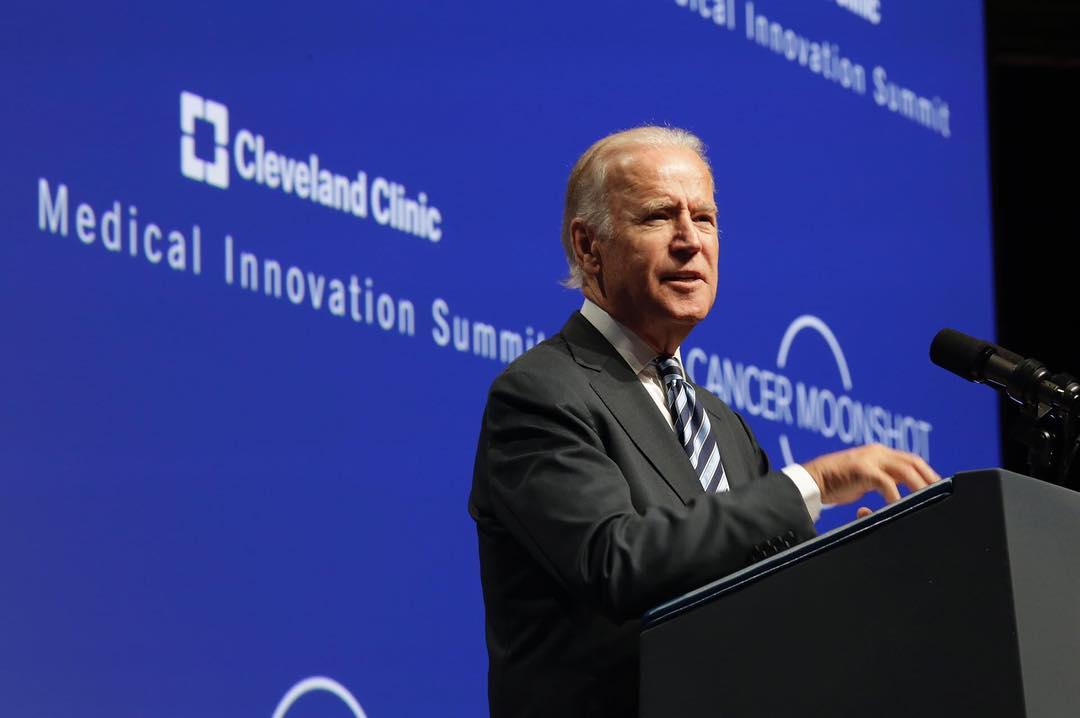
February 01, 2023 | Talking Points Memo
Biden Should Wed His Cancer Moonshot To The Energy Transition
But succeeding at his Cancer Moonshot’s goals will require more than funding research into cancer treatments. As the first day of February marks the beginning of National Cancer Prevention Month, it’s worth acknowledging that cancer prevention requires different approaches than treatment, and must include a reckoning with the carcinogens that pervade our environment. If Biden really wants to fight cancer in America, he’s going to have to challenge the fossil fuel and petrochemical industries. Among other things, this means confronting an Achilles heel of the Democratic Party: domestic fracking.
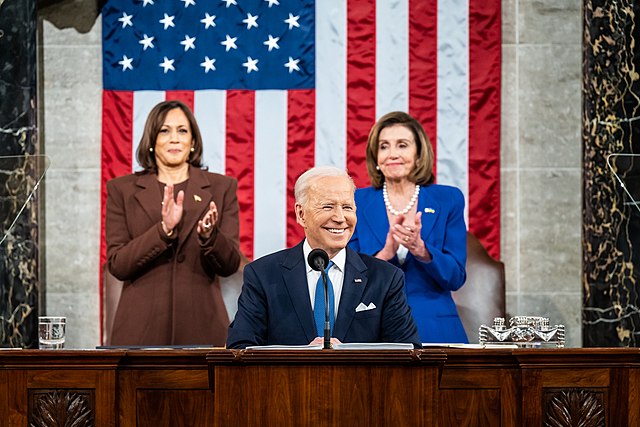
February 01, 2023
The State Of The Union, And The Year That Followed
President Joe Biden’s second State of the Union address is next Tuesday. Amid an uprising sparked by yet another horrific video of police violence, deep uncertainty about U.S. fiscal and monetary policy, and continuing wars and threats around the world, the nation — or at least, the politics junkies in the nation — will gather to hear the President lay out his agenda to a Congress absolutely no one reasonably expects will deliver on it, or likely even take it all that seriously.
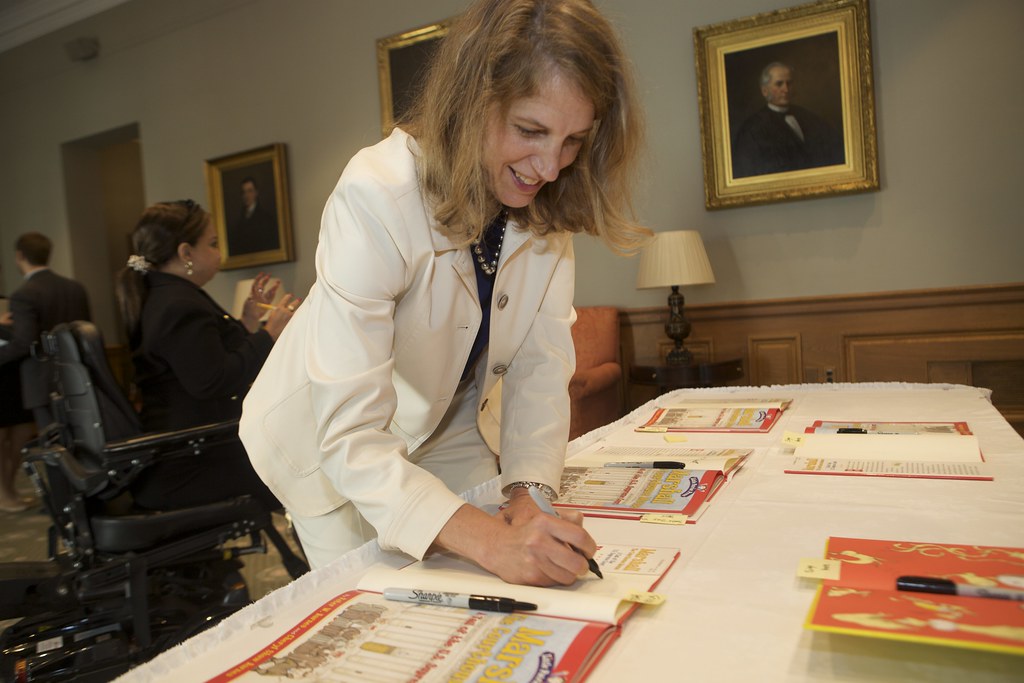
February 01, 2023
The Rubinite In The Running For National Economic Council
It’s only natural to infer that Sylvia Burwell would bring Rubin’s values and vision back to the NEC, if given the job.
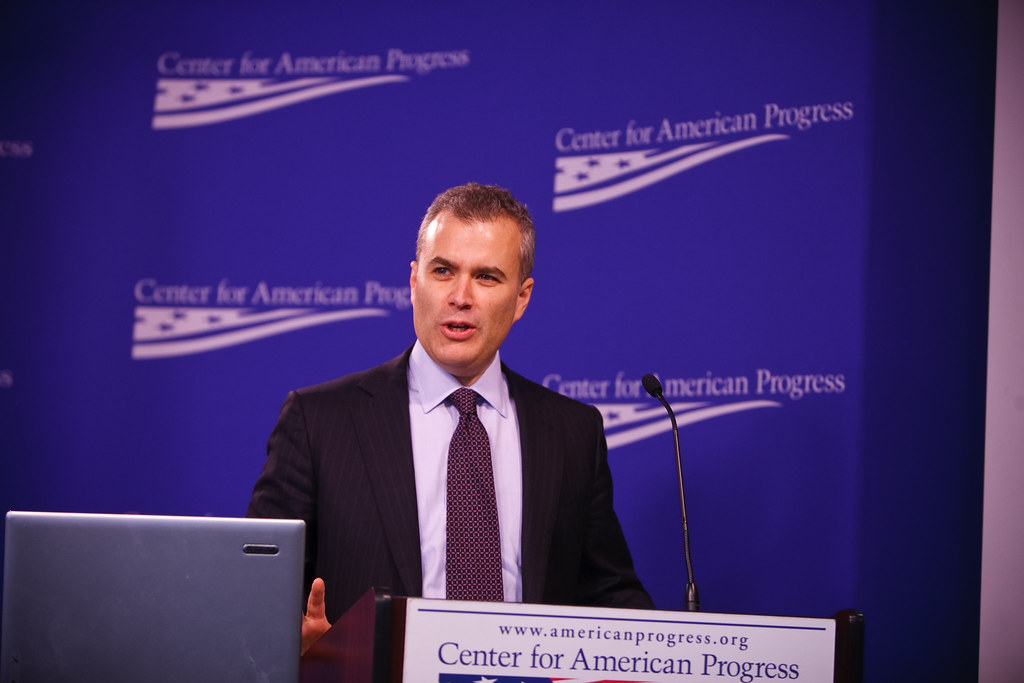
January 27, 2023 | The American Prospect
The Myth Of Jeffrey Zients
Zients owes his entire public-policy career to his corporate worldview and connections, which have remained strikingly consistent for over a decade—exactly in keeping with his pre-government history.

January 26, 2023
STATEMENT: Landlords Celebrate Biden’s Weak ‘Renter Protection’ Plan
Watered-down White House tenant protection measures are a victory for big real estate and private equity lobbyists.
January 25, 2023 | Revolving Door Project Newsletter
Hannah Story Brown Emma Marsano
Corporate CrackdownEthics in GovernmentExecutive BranchHealthRevolving Door
Biden’s Choice of Chief of Staff Threatens Populist Potential
Last Friday marked the exact midway point of Biden’s presidential term. With this newly divided Congress, there are scant possibilities for legislation in the next two years. By and large, this next stage of Biden’s presidency should be all about the executive branch: implementing recent laws, enforcing existing laws, and enacting much-needed regulation. (Biden should have been overseeing these things all along, of course—that’s what the Presidency is for!)

January 23, 2023
The White House Must Heed Tenants, Not Corporate Profiteers, To Enact New Tenant Protection Measures
The White House should not succumb to the real estate industry’s cynical lobbying efforts to block new federal tenant protections. These same developers and corporate landlords fueled the rental housing crisis in the first place by spiking rents and exploiting families, and now they are looking to defend their ill-gotten gains.
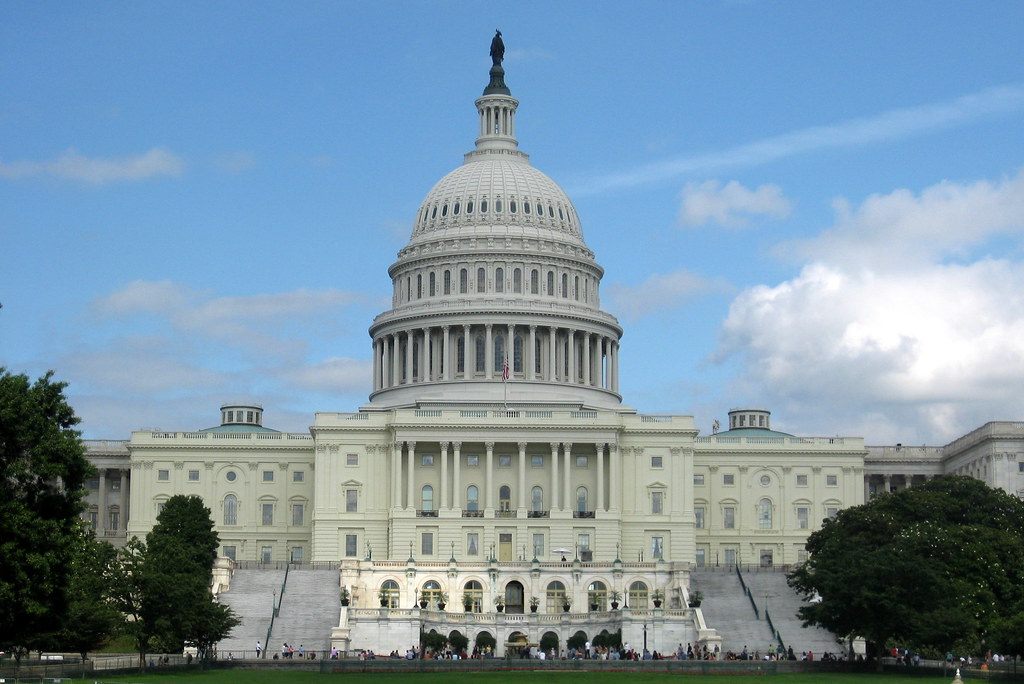
January 23, 2023
Independent Agency Spotlight Update January 2023
It was a slow fall for independent agency nominations as Senators left chambers for their campaigns and the Biden administration stood paralyzed in anticipation of the midterm Red Wave That Wasn’t.
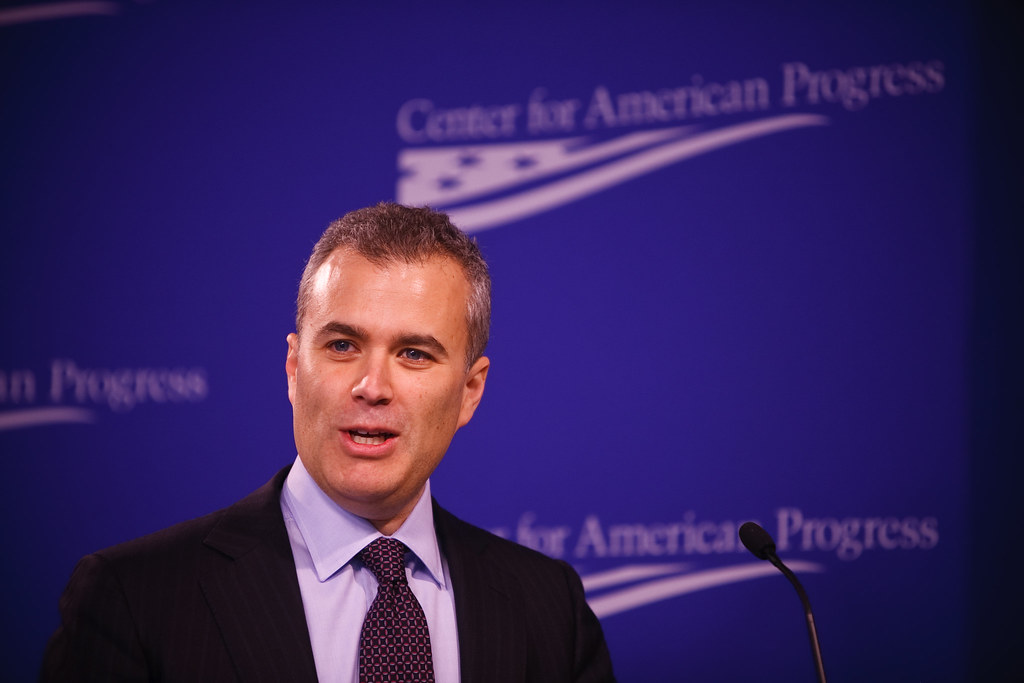
January 22, 2023
Biden Risks Legacy by Choosing Zients as Chief of Staff
As a businessman, Jeffrey Zients embodied much of the corporate misconduct the executive branch ought to be cracking down on.
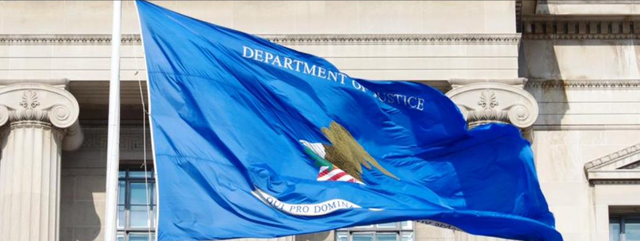
January 20, 2023
Biden's Second Chance Not To Nominate Casey T. Arrowood
President Biden drew outrage and forceful opposition last fall after nominating Casey T. Arrowood to the position of United States Attorney for the Eastern District of Tennessee, based on Arrowood’s role in the baseless prosecution of a Chinese-Canadian professor under the Trump DOJ’s “China initiative.” Fortunately, with the new year and the convening of a new Congress, all pending nominees must be renominated, providing Biden another chance to do the right thing and drop Arrowood from consideration.
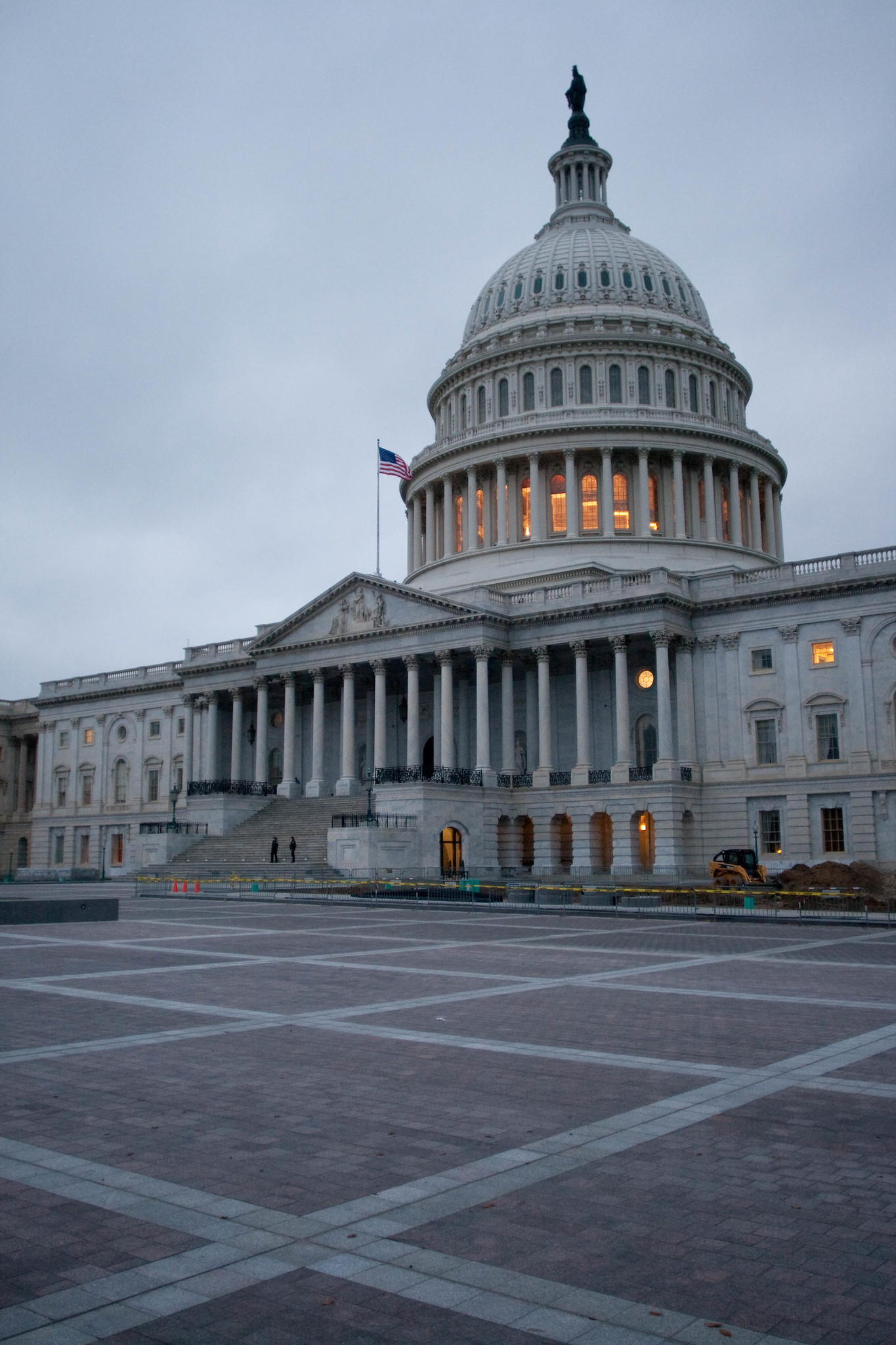
January 20, 2023
Thirty Percent of US Attorney's Offices Are Still Without Nominees
More than two years into Joe Biden’s presidency, Biden has nominated 67 people to the 93 offices that compose the U.S. Attorney’s Office (USAO). After one post-confirmation withdrawal of Marisa Darden, 66 offices or 71 percent currently have nominees to the position; only 60 nominees or 64.5 percent have been fully confirmed to their office.
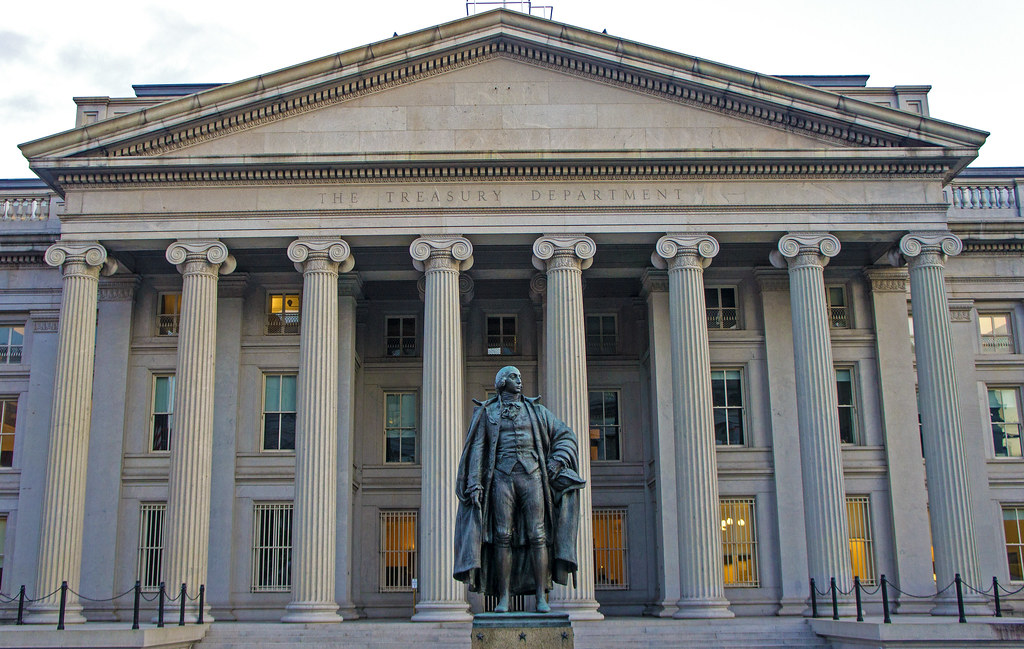
January 20, 2023 | Revolving Door Project Newsletter
Hack Watch: The Fairness Doctrine Strikes Again: Media Outlets are Calling Republicans’ Austerity Pushes a Debt Ceiling “Showdown”
However, in their ongoing quest to appear “neutral” and “balanced,” some media outlets are saying that the damage will be done by the deficit ceiling fight itself, not by the Republican push to default on our loans.
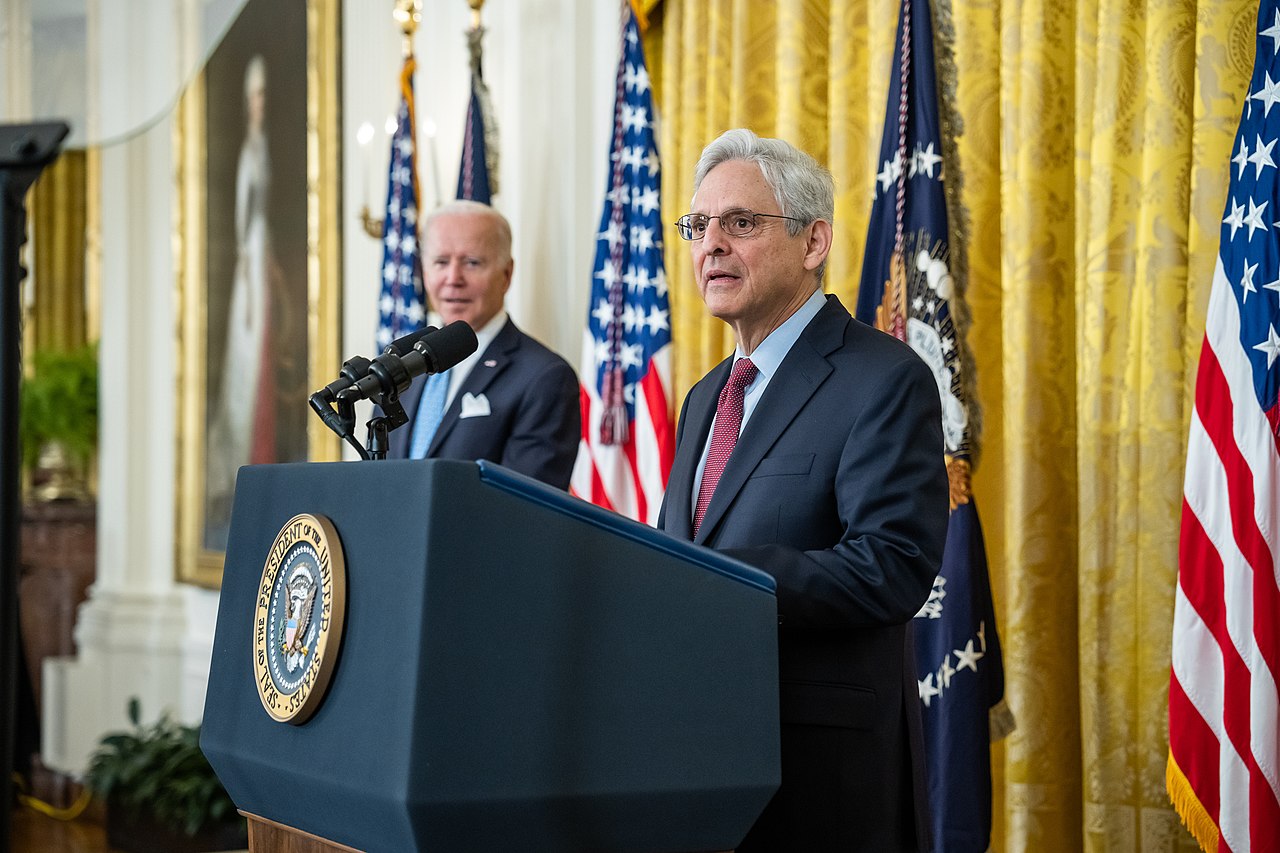
January 20, 2023
Hannah Story Brown Ananya Kalahasti
Press Release 2020 Election/TransitionAdministrative LawDepartment of Justice
Two Years into Biden Administration, the Government Maintains Trump-Era Legal Positions in Dozens of Cases
Midway through Biden’s term, the Biden administration continues to advance Trump-era legal positions in court, according to an update released today to the Revolving Door Project’s long-running litigation tracker.
